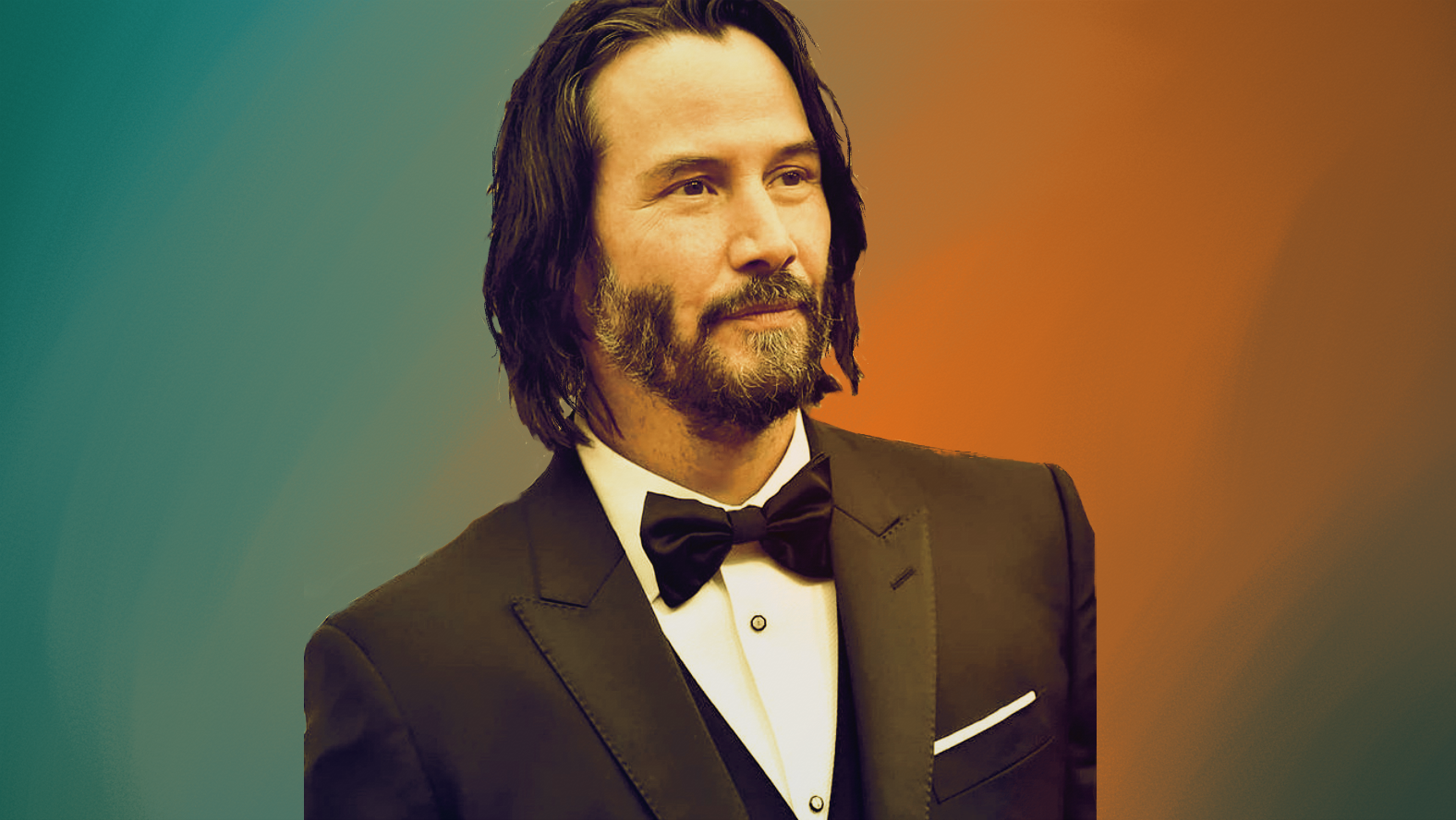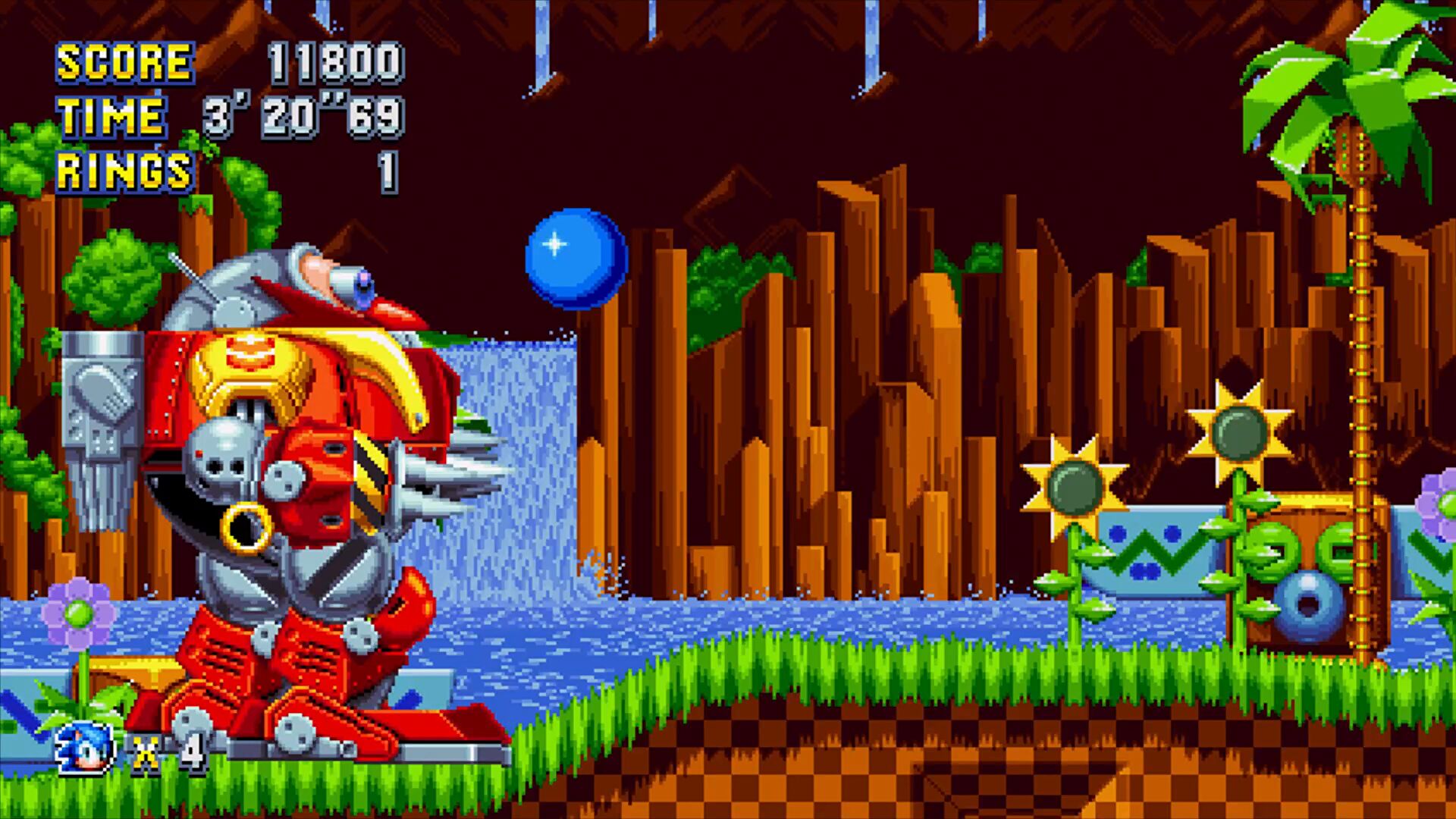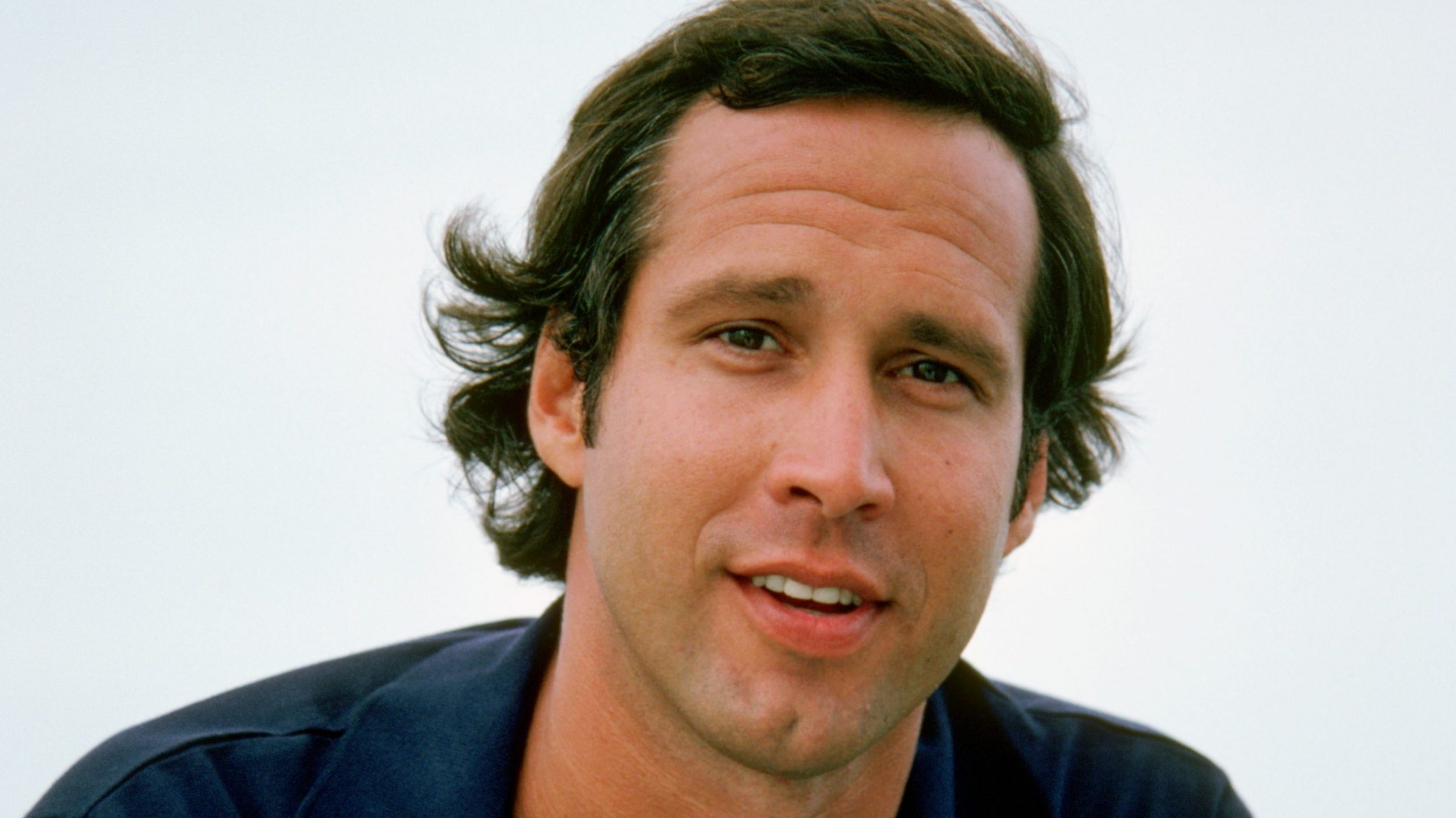How do you develop your characters?
It’s a good question, and you’re right to ask it.
I know other writers will sit down and write an entire back story, a biography and profiles, and this a valid approach. It’s not the way I do it though.
The first and most important thing I need to know about my characters is what do they WANT? Once I know that, everything else comes from there, even the plot. If you know the one thing that your main character is striving for, you can build the rest of your characters and the shape of your story. You know what sort of person they will be, you know what sort of people they will know, you know what sort of person the antagonist will be, you know what obstacles to put up and how they will be overcome.
“This time next year, we’ll be millionaires.”
There’s a reason this sentiment is indelibly linked with Del Boy; it’s who he is. He wants to be rich, and everything else about him stems from there. John Sullivan builds character traits that work against that desire. Del is a down on his luck wheeler dealer. He’s surrounded by people who hinder his quest, and others who remind him of what he is striving for, or what he is trying to escape from.

So, let’s say our new protagonist wants (or better still, needs) the approval of his father. Already the ideas for who his Father might be are coming to us (I hope), and it gives us choices about our son too. Is he talented? Is he a failure?
This dynamic between protagonist (son) and antagonist (father) begins to suggest some ideas for a setting for our story too. It would be at its most effective if we can pit the two men against one another as often as possible. Thus, this is not a story about estrangement it’s a story about entrapment. Let’s make our son beholden to the father. He HAS to work at his firm, because there’s nothing else he can do. But this just fosters the Dad’s disappointment. So the son is constantly striving to prove he can make it on his own.
If this was a sitcom, he would fail every week, and have to come back, tail between his legs. If it’s a novel we’re writing, he will get what he wants, and then pay the price for that success.
So, if you’re working on something and your characters aren’t singing to you, go back to the fundamental question, “what do they WANT?” and work out everything else from there.
And don’t forget those obstacles. You came here because you WANTED to know how to develop your characters, but nothing stopped you from finding out. That’s not a story. If you’d found this blog written in code however, with a single comment underneath saying “this all made perfect sense and thanks to this article I managed to write a best selling novel.” … well then, you might just want to find out more.











